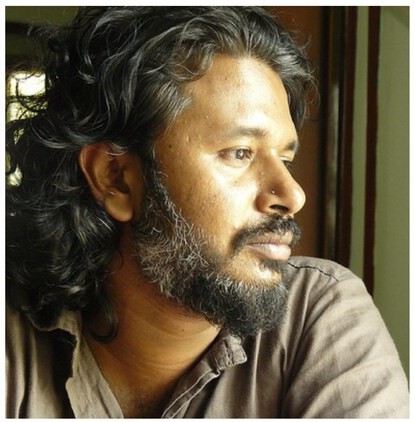Booker Prize winner Shehan Karunatilaka: ‘You offend one person and suddenly you’re an Islamophobe’
This years Booker prize winner on the subject of self-censorship at request of his wife.
The Sri Lankan author, Shehan Karunatilaka, tells the Telegraph how he wrote a story about a ‘radicalised’ youth and then opted to remove it from a collection.
Karunatilaka’s prize winner, The Seven Moons of Maali Almeida – the best by some distance on the list – is the sort of novel that the Booker judges love: a relentlessly energetic multi-tone epic that reaches deep into recent history, in this instance the Sri Lankan Civil War, which convulsed the country in the 1980s.
…he says, “I felt ready to tackle something more serious. It didn’t feel safe to write about the current political situation at that point, not least because you always need distance. But the war felt sufficiently far away. Primarily, I set out to write a ghost story about the war dead.”
Did he ever worry that, given the subject, his novel would be politically inflammatory? “If I had, I wouldn’t have attempted it. Although, everyone I was writing about is now dead. I thought: ‘I can safely talk about this history.’”
Nonetheless, in his Booker acceptance speech on Monday night, he referenced the recent stabbing of Salman Rushdie, and said that he had “self-censored” himself as a result. He now tells me: “I’d written a story about a radicalised Maldivian adolescent for a collection I was preparing, and my wife suggested I take it out. It takes one person to take offence to that and suddenly you are an Islamophobic writer. So yes, these things are in my head.”
Still, he must worry about the implications of novelists censoring themselves for fear of offending religious groups? “We don’t have quite the same blasphemy laws in Sri Lanka as they do in India, but they can still jail you. A couple of years ago a Sinhalese writer was imprisoned for writing a short story about sex abuse within the clergy. There is a feeling that if you are middle class and write in English, you are probably safer. But yes, from Charlie Hebdo onwards, it has become a real problem.”
What about pressure from the Left? There are some, for example, who would argue that he doesn’t have the right to write a novel from the point of view of a gay man.
The narrator of The Seven Moons of Maali Almeida is a closeted gay photographer; he is also dead. Can a live man write about a ghost?
“I didn’t worry too much about that because isn’t wearing different hats what writers do? I’d like to feel I could write my next novel from the point of view of a woman. Because if I’m not allowed to do that, then I’m just going to have to write about Sinhalese Buddhist males, and how boring would that be?”